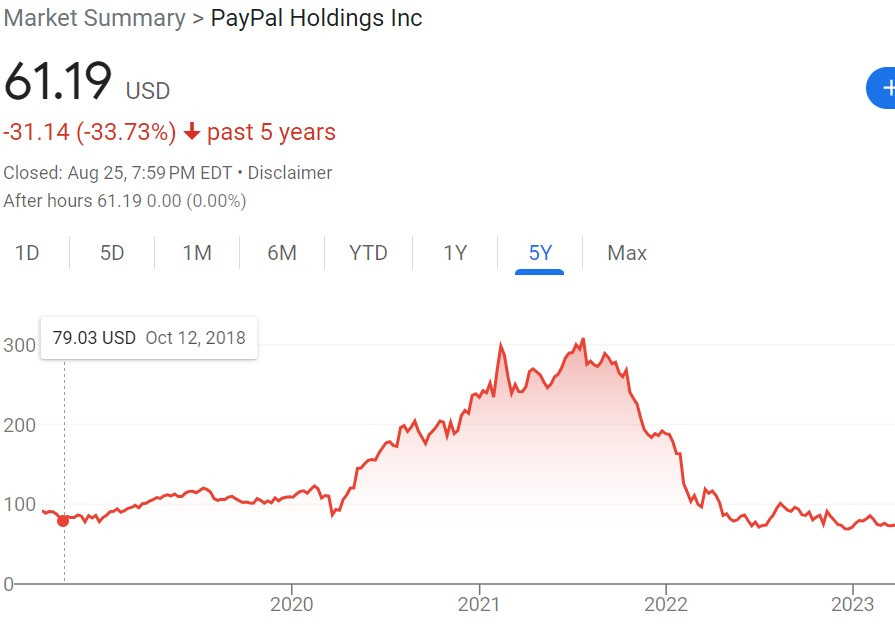News headlines keep saying that we are headed for a recession. Inflation has become a main concern for the global economy from pressures not seen in 40 years. The 30-year fixed mortgage for a single family home in the U.S. has risen to the highest rate since 2000.
With this unfamiliar economic environment in recent history, particularly for millennials like myself, value investor Howard Marks, believes that we are witnessing a “sea change” to the world economy, the third in his 54 year investing career. He believes that central bank monetary policy is ending an era of easy money, a period of ultra low interest rates for the foreseeable future.
Best known for his distressed debt investment firm, Oaktree Capital Management, with $176 billion in assets under management, and his insightful memos on the economy, Marks has numerous quotes that are packed with meaning. Below are 11 of my favorites that you might also find meaningful during these unchartered times.
“I have a great belief that everything is cyclical in life, particularly in the investment world.” The Nifty Fifty stocks of the 1960s and 1970s. The Dot-com bubble of the 1990s. The housing bubble in the 2000s. The last decade of historically low interest rates. All were cyclical and did not last forever.
“Investors can pass up lots of opportunities until they see one that’s terrific.” It’s ok to say “no” many times, and patiently wait for the right investment to come along.
“The three stages of a bull market: the first stage, when only a few unusually perceptive people believe things will get better, the second stage, when most investors realize that improvement is actually taking place, and the third stage, when everyone concludes things will get better forever. Every once in a while, an up-or-down-leg goes on for a long time and/or to a great extreme and people start to say ‘this time it's different.’ They cite the changes in geopolitics, institutions, technology or behavior that have rendered the ‘old rules’ obsolete. They make investment decisions that extrapolate the recent trend. And then it turns out that the old rules still apply and the cycle resumes. In the end, trees don't grow to the sky, and few things go to zero.” The chart below pairs all too well with this quote.
“It can require patience and fortitude to hold positions long enough to be proven right.” An investment can take long to mature. Mr. Market doesn’t care about your time horizon. Peter Lynch who led Fidelity’s Magellan Fund from 1977-1990 racked up a 29.2% annual average return during his 13 years in charge. How did he do it? Long holding periods. He normally wouldn’t see an outsized return on a stock until year three, or longer.
“Being too far ahead of your time is indistinguishable from being wrong.” While market success may require holding for an extended time, on the flipside, one can also be too early and have unremarkable returns. There is an opportunity cost to waiting that needs to be weighed against the potential returns of an investment.
“Being positioned to invest in uncrowded areas has vast advantages” Blue chip stocks like Amazon or Cola Cola get lots of analyst coverage. However, sectors such as energy were virtually ignored or outright hated in 2020 and still so in some capacity today. Since 2020, energy has been one of the best performers. Still, there will always be outliers such as Nvidia in 2023, up 170% this year.
“The biggest investing errors come not from factors that are informational or analytical, but from those that are psychological.” After making billions in the late 1990s riding the Dot-com bubble, George Soros’ Quantum Fund manager, Stanley Druckenmiller sold everything in January 2001. But tech stocks kept going up and he couldn’t stand seeing other people still make money. So he bought back in. A few months after, the tech market crashed and Druckenmiller lost $3B. When asked if he learned anything, he said he learned nothing, that he was an emotional basket case, and knew that he shouldn’t of bought back in.
Experience is what you got when you didn’t get what you wanted. We learn the most from our failures. The first stock that I ever bought was Paypal for $80/share in October 2018. Thinking that making money off stocks was easy, my investment reached a return of 290% in a few years. I didn’t make any money off of that investment because I never had an exit strategy. Eventually I sold for $80/share in 2022 while I watched Paypal tumble in price.
“Everything you needed to know in the years leading up to the crash [2008 Global Financial Crisis] could be discerned through awareness of what was going on in the present.” Cheap credit. Laxed lending standards. Homeowners highly leveraged with NINJA loans (no income no job) owning houses that they could not afford. The 2007-2010 subprime mortgage crisis in America wasn’t obvious to many, but there were signs.
“It’s frightening to think that you might not know something, but more frightening to think that, by and large, the world is run by people who have faith that they know exactly what’s going on.” It’s better to be honest to yourself that you might have blind spots than to think that you can know everything.
“There are three ingredients for success—aggressiveness, timing and skill—and if you have enough aggressiveness at the right time, you don’t need that much skill.” Know where you are at in a given market cycle. Cast off when the wind will be in your sails.
👉If you enjoyed this post, feel free to share it with friends!






